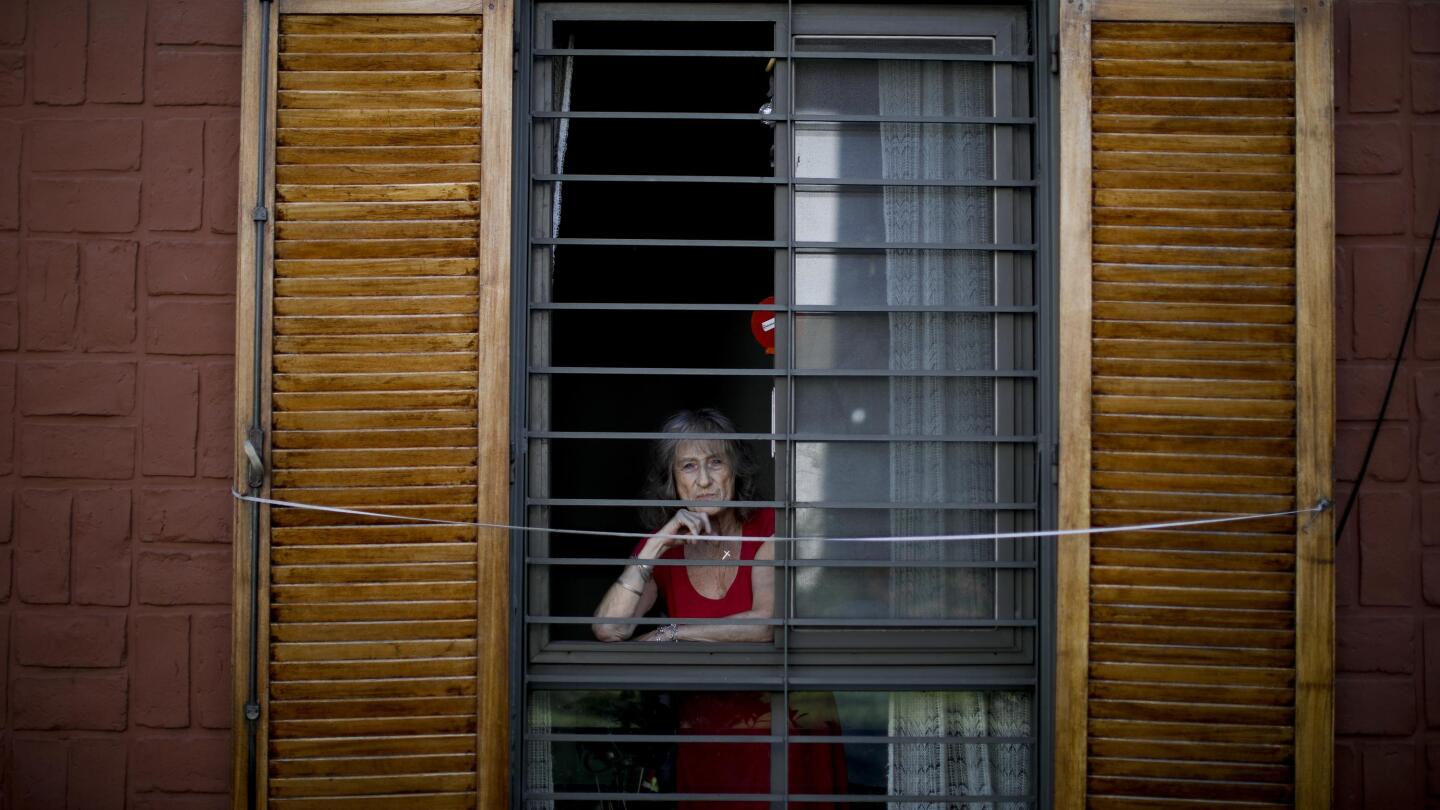MilHojas
Registered
- Joined
- Oct 9, 2007
- Messages
- 1,806
- Likes
- 1,657

AP Photos: Vaccines offer hope amid new wave in Argentina
BUENOS AIRES, Argentina (AP) — Carmela Corleto kept a strict quarantine for more than a year to avoid catching the new coronavirus, replacing the company of family and friends with books, crossword puzzles and soap operas.

